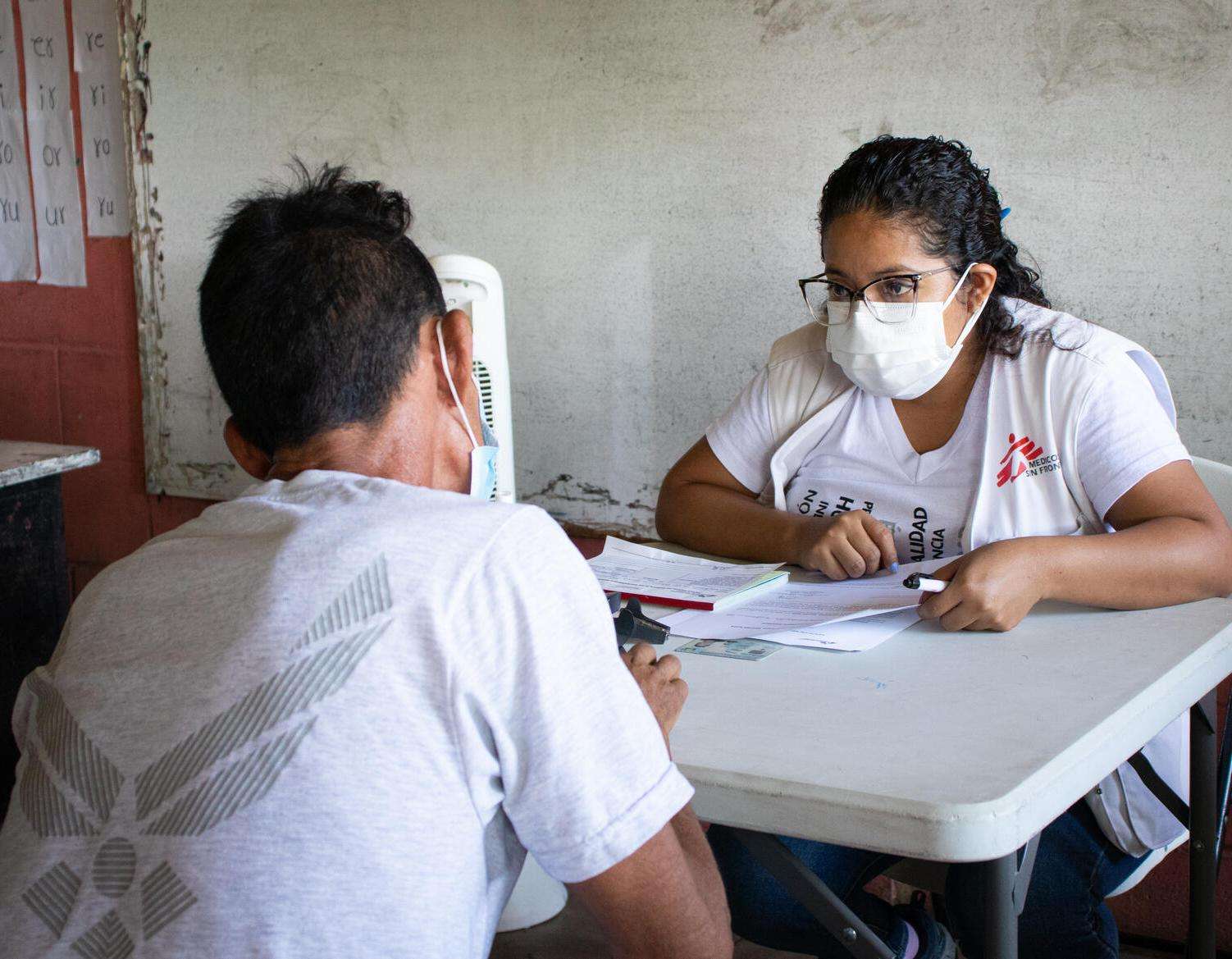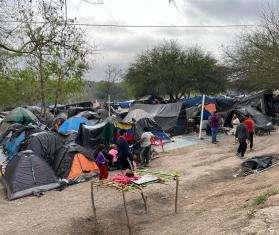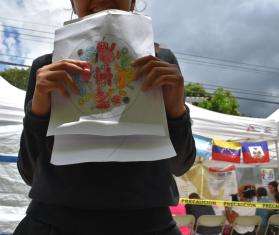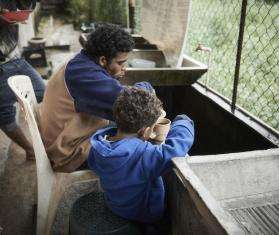Like all MSF activities in Central America, the project has a strong advocacy component, mainly targeting repressive US migration policies and calling for greater access to care, particularly mental health services, and protection of migrants from violence.
After three years of working on our Mesoamerican nephropathy project, we handed over activities to the Ministry of Health. The main activities of the project focusing on kidney disease were early detection, treatment, mental health, and social support and palliative care. We also ran health promotion and education activities to increase knowledge of the disease and promote prevention measures at community level.








